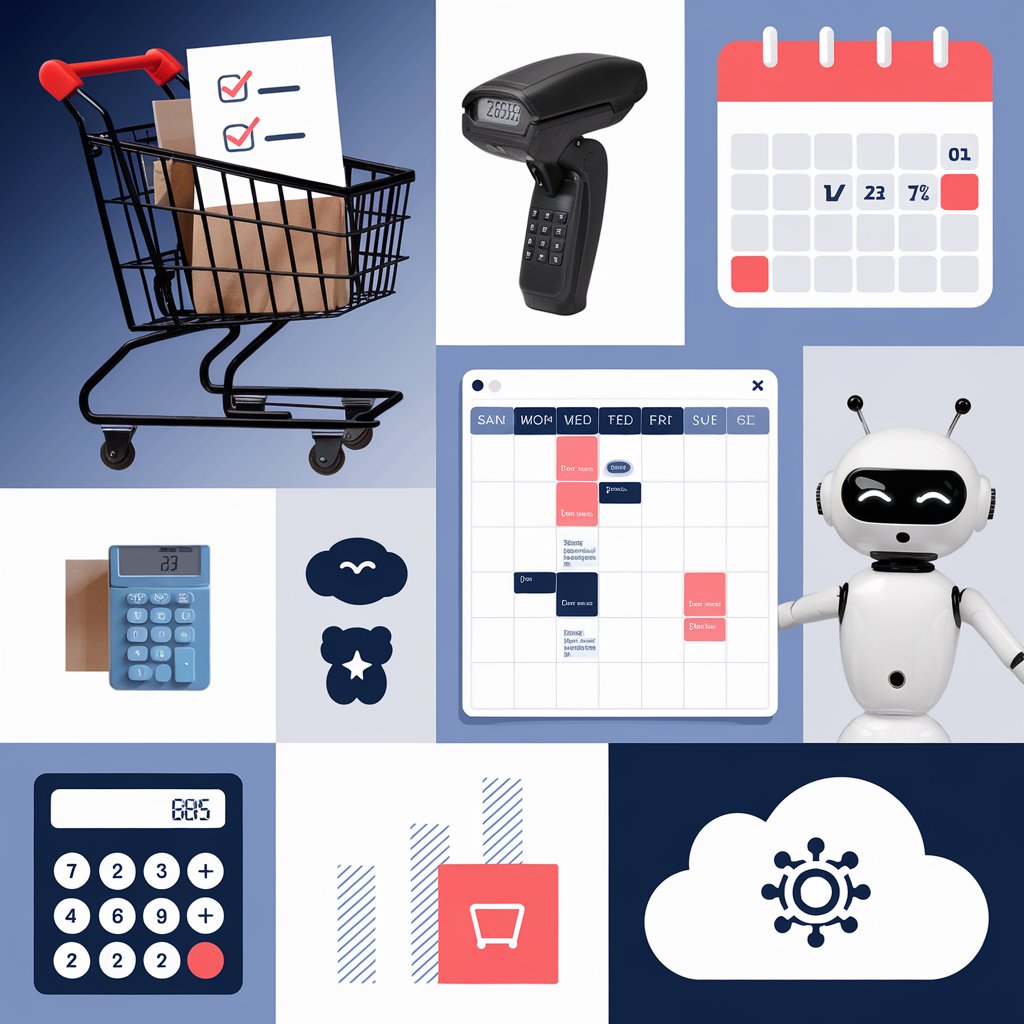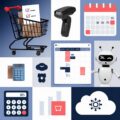In today’s fast-paced digital world, it is crucial for businesses to adapt quickly in order to stay relevant. B2B ecommerce has become a vital channel for companies to scale their operations, reach global markets, and provide personalized solutions to their clients. However, despite its potential, many businesses face challenges on the road to success.
This blog will discuss how businesses can overcome these obstacles and emerge as leaders in the digital race. By following best practices and utilizing platforms like BigCommerce, you can set your business up for long-term success.
Key Challenges in B2B Ecommerce
B2B ecommerce comes with its own set of challenges. Some common pain points that businesses encounter include:
- Complex buying processes: The B2B buying process involves longer sales cycles, multiple stakeholders, and custom pricing structures which can make it difficult for businesses.
- Limited scalability: Outdated platforms often struggle to keep up with the growing demands of a business.
- Integration issues: Connecting ERP systems, CRM tools, and inventory management software can be time-consuming and challenging.
- Customer retention: B2B buyers expect consistent and highly personalized experiences from businesses they work with.
- Technology gaps: Many businesses lack the expertise to implement scalable ecommerce solutions.
Addressing these challenges requires a strategic approach tailored to the unique needs of B2B operations.
Winning Strategies for B2B Ecommerce Success
Optimize the User Experience
In today’s digital age, customers expect a seamless online shopping experience, even in the B2B space. To optimize user experience:
- Simplify navigation: Use clear categories, filters, and search functionalities to make it easier for customers to find what they are looking for.
- Responsive design: Ensure your platform works flawlessly on all devices so that customers can access it from anywhere at any time.
- Quick reordering: Offer features like one-click reorders for repeat customers to save them time and effort.
- Detailed product information: “In the world of B2B ecommerce, attention to detail is key – small changes can lead to big wins.” Provide comprehensive specifications, reviews, and images so that customers have all the information they need before making a purchase decision.
Streamline Operations with Automation
Automating repetitive tasks can save time, reduce errors, and improve efficiency. Consider automating:
- Order processing
- Inventory updates
- Customer communication
- Data syncing across systems: “Investing in the right tools ensures smoother operations, allowing your team to focus on growth-oriented tasks.” Integrating different systems can be a time-consuming process, but it is essential for efficient operations.
Leverage Personalization for Business Growth
Personalization is no longer just a buzzword – it has become a necessity in the world of B2B ecommerce. Some strategies to personalize the customer experience include:
- Customized pricing: Offer client-specific discounts and terms to build stronger relationships with customers.





















No Comments